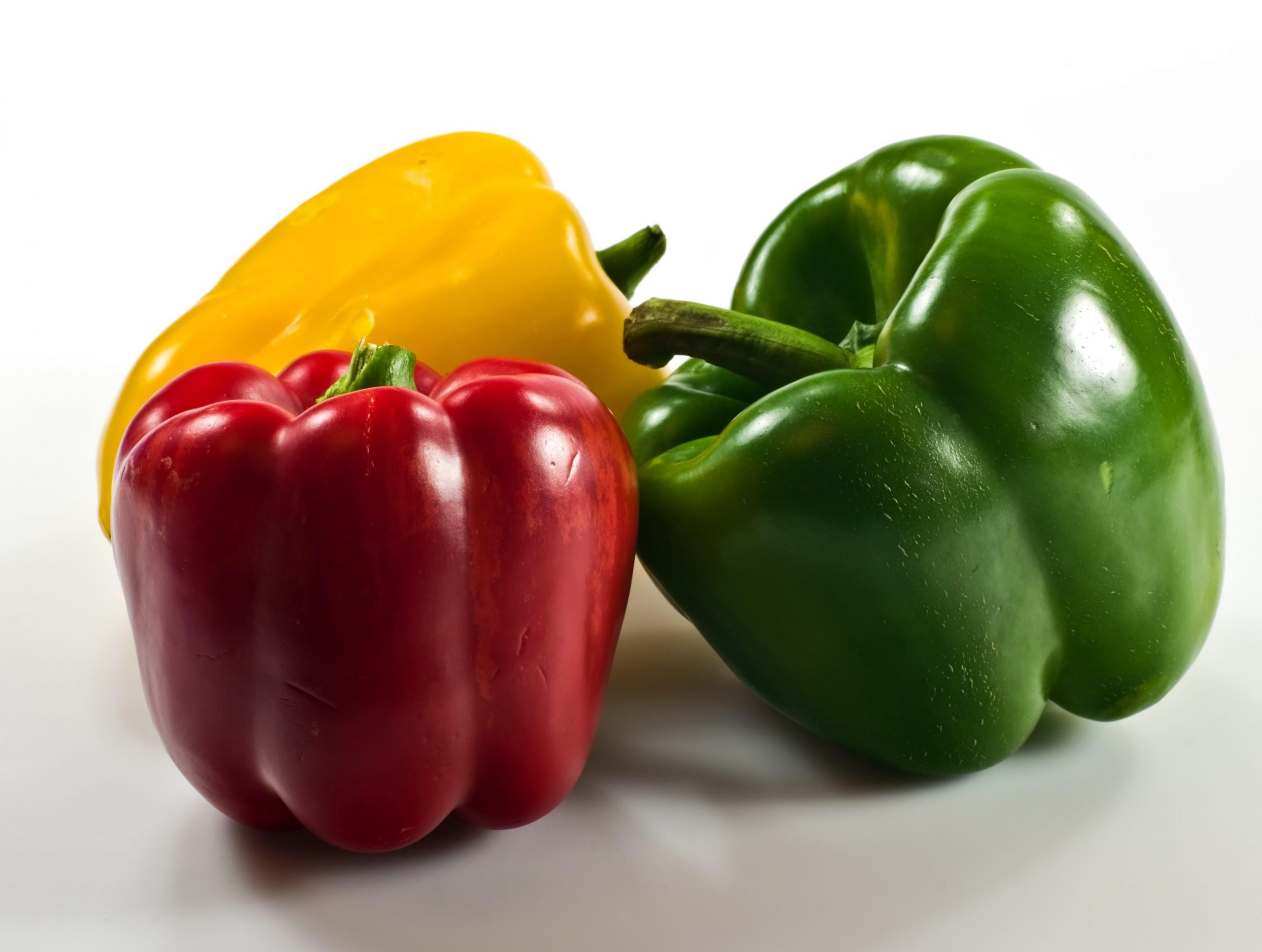Organic Vs. Synthetic Fertilizers: Which Is Best for Nurturing Healthy Pepper Plants?
In the realm of nurturing healthy pepper plants, the selection in between artificial and natural fertilizers stands as a critical decision with far-reaching implications. While both alternatives purpose to give crucial nutrients to sustain plant growth, the nuances of their impact on the soil, plant wellness, and the atmosphere stimulate an argument that echoes throughout the gardening neighborhood. Understanding the distinct benefits and prospective challenges of each plant food type is essential for pepper growers looking for to enhance their yields while keeping a lasting and eco-conscious approach.
Benefits of Organic Plant Foods
Organic fertilizers provide an environmentally-friendly and sustainable strategy to beneficial pepper plants, offering essential nutrients without making use of artificial chemicals. These natural plant foods are originated from organic resources such as compost, manure, bone dish, and seaweed, advertising soil health and biodiversity. Unlike artificial fertilizers, natural options launch nutrients gradually, making sure a balanced and constant supply for pepper plants to flourish.
One considerable advantage of organic plant foods is their ability to enhance soil structure and water retention. By enhancing dirt health, organic plant foods promote beneficial microbial activity, which assists in nutrient uptake by pepper plants. Additionally, natural plant foods decrease the threat of chemical run-off, protecting water sources from air pollution and protecting the environment.
Moreover, organic plant foods add to long-lasting dirt fertility by advertising the growth of valuable soil organisms. These microorganisms help break down raw material, releasing nutrients in a type that is easily obtainable to pepper plants. best fertilizers for peppers. By fostering a healthy soil community, organic plant foods sustain lasting pepper growing methods that profit both plants and the setting
Downsides of Artificial Plant Foods
Artificial plant foods, unlike their organic counterparts, position various drawbacks when used to nourish pepper plants, impacting both plant health and ecological sustainability. One major downside of artificial fertilizers is their tendency to leach nutrients from the dirt promptly. This fast leaching can cause nutrition discrepancies in the soil, creating plants to deal with toxicities or shortages. Furthermore, synthetic fertilizers can damage beneficial dirt microorganisms, such as earthworms and useful bacteria, disrupting the dirt environment's balance.
Additionally, the overuse of synthetic plant foods can contribute to water air pollution. Excess plant foods not soaked up by plants can wash away into water bodies, resulting in eutrophication, where algae flowers deplete oxygen levels in the water, harming marine life. Artificial plant foods are generally acquired from non-renewable sources, such as fossil gas, contributing to carbon exhausts and environmental destruction during their manufacturing.
Nutrient Absorption Comparison
When comparing natural and synthetic plant foods in terms of nutrient absorption, organic plant foods have the benefit of offering a much more well balanced and slow-release source of nutrients. Organic fertilizers have a variety of macro and micronutrients that are not only helpful for the plants yet additionally promote healthy soil microbial activity, which aids in nutrient uptake.
Moreover, natural plant foods improve dirt structure and water retention capability, allowing pepper plants to access nutrients a lot more effectively. This enhanced soil high quality facilitates their explanation origin advancement, enabling far better nutrient absorption. Artificial fertilizers, although at first enhancing plant growth because of their high nutrient focus, may hinder lasting nutrient absorption by derogatory soil wellness with time.
Ecological Effect Considerations

On the other hand, synthetic fertilizers, although usually more concentrated and right away offered to plants, can have harmful effects on the environment if not applied properly (best fertilizers for peppers). Their manufacturing requires high power inputs, bring about greenhouse gas exhausts and adding to climate adjustment. Furthermore, the overflow of excess artificial fertilizers can pollute water sources, causing eutrophication and hurting marine communities.
Finest Plant Food Practices for Peppers
When feeding pepper plants, enhancing nutrient uptake and reducing ecological influence are crucial considerations. To achieve this, it is important to follow ideal fertilizer methods tailored to the specific demands of pepper plants. One crucial method is to execute a dirt test before using any plant foods. This test can determine the pH degree of the dirt and identify any type of nutrient shortages, guiding you in choosing one of the most suitable fertilizer formulation.
Another essential method is to fertilize pepper plants at the ideal time. Commonly, peppers gain from obtaining plant food at planting and after that once more when they begin to flower. Over-fertilizing can cause nutrition discrepancies and harm the plants, so it is crucial to adhere to suggested application rates.
In addition, choosing a balanced fertilizer with an NPK ratio that matches pepper plants' requirements is basic. Organic plant foods, such as compost or manure, can be excellent options as they release nutrients gradually and enhance soil framework over time. However, artificial fertilizers can give a fast nutrient increase when required. Inevitably, combining artificial and organic plant foods sensibly can aid nurture healthy and balanced pepper plants while lessening environmental influence.
Verdict

Organic fertilizers offer an environmentally-friendly and sustainable method Recommended Site to nourishing pepper plants, giving necessary nutrients without the usage of synthetic chemicals. Unlike synthetic plant foods, organic options launch nutrients slowly, making certain a constant and balanced supply for pepper plants to prosper.
Artificial fertilizers, in comparison to their organic equivalents, pose various downsides when used to nourish pepper plants, impacting both plant health and wellness and environmental sustainability. When comparing organic and synthetic fertilizers in terms of nutrient absorption, natural fertilizers have the advantage of giving a more well balanced and slow-release source of nutrients.Moreover, natural fertilizers improve dirt structure and water retention ability, enabling pepper plants to accessibility nutrients more efficiently.